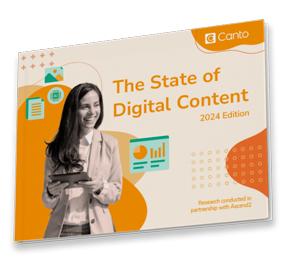Media literacy – An understanding of the digital age
| October 5, 2019

Media literacy determines whether you’ll be able to truly understand something or not, further than comprehending what you just read. Learn the intricate details of media literacy here.
What is media literacy?
Media literacy is how people use, read, understand and create media on different mediums. It is the ability to understand different ideas from different media types. Media literacy is the ability to understand why a piece of media was created.
Media literacy goes beyond understanding something. It involves a large amount of skepticism – which is crucial to be truly media literate. This is where media literacy separates itself greatly from common literacy. For example, if a student needs to learn about owls, literacy ensures they’ll be able to read a passage from an encyclopedia at their school about owls. Media literacy introduces the concept of being selective with information you find. In this example, a media illiterate student would put a quote about owls being day creatures in their project based on bad information they read on a blog.

Why is media literacy so important?
Media literacy is so important because it’s required to navigate the digital age we live in. There are massive amounts of information available now, extending further than traditional mediums such as TV and the newspaper. Without a deep understanding of the dynamics of digital media, people are uninformed in numerous ways.
Media literacy ultimately allows us to become smarter, learn faster and be well-informed. It’s not necessarily a bad thing that media is created by way more sources now. In fact, it’s a good – if we’re able to interpret it correctly and break it down the way it needs to be. For this reason, we have to learn to be more media literate.

How do I become more media literate?
The first step to becoming more media literate is to ask yourself questions about content when you’re consuming it. For example, you’ll digest material better if you ask the following questions:
- Who?
- Why?
- Intended audience?
- Credible?
These questions give you a solid foundation for improving media literacy. Starting with the ‘who’ which asks who wrote it. This should encompass things like whether it was created by a company, an individual with no corporate ties, anonymously, etc. Next, the ‘why’ helps you figure out why the person or company made this. Knowing this helps you put the information you gathered into perspective. Does it seem like they were trying to be helpful? Or maybe they were trying to convince people to see something from a different perspective. After this, recognize who the intended audience is. This speaks volumes to things like credibility and helps you determine whether the information is something you really need. Which brings us to the final point, is it credible? Explore the source and then dig even deeper. Make sure you learn new things correctly.
Media literacy is a vital skill and like literacy it doesn’t come overnight. It takes years of practice. Make sure you’re getting practice in daily by reading different media mediums.
